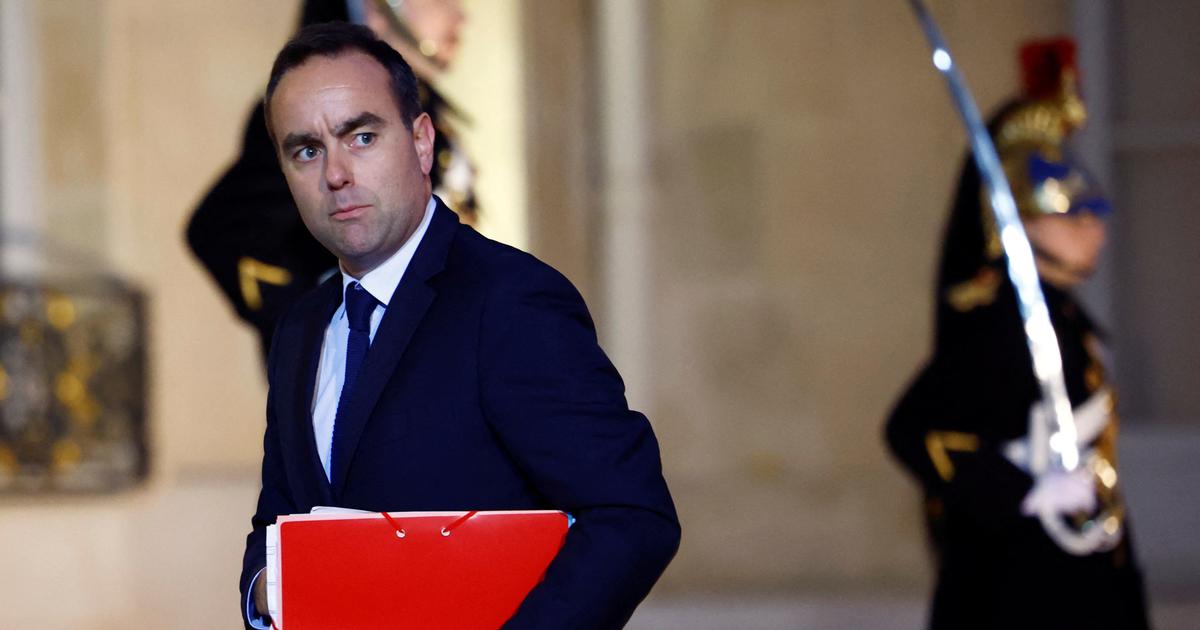Russian cyber attack on the EU Parliament: "We live in times of hybrid warfare"
Created: 08/12/2022, 07:45
By: Andreas Schmid
Hacker attacks are increasing – also on the institutions of the European Union.
© Cigdem Simsek/imago (montage)
Attacks on the so-called critical infrastructure are increasing.
How does the EU protect us from this type of new warfare?
Strasbourg – Sabotage of the Nord Stream pipelines, attacks on rail tracks that paralyzed trains throughout northern Germany and cyber attacks on companies and even the EU Parliament.
Recently, there have been more and more attacks on so-called critical infrastructure.
How can the European Union protect its citizens from this?
Critical infrastructure is the lifeline of society, such as the areas of energy supply, nutrition or transport.
If they fail or are severely disrupted, this has an impact on public safety and there is a risk of supply bottlenecks.
How secure is the critical infrastructure in Germany?
When asked by IPPEN.MEDIA, the Federal Ministry of the Interior assumes an “abstract threat”.
Abstract hazard
Abstract danger exists when the probability of a danger exists, but it is not assessed to be so high that immediate action must be taken.
Threat of attacks on our infrastructure: "We live in times of hybrid warfare"
And: The most recent acts of sabotage would have "raised the alert again".
To ensure that the critical infrastructure in Germany can be better protected than before against terrorist attacks, acts of sabotage and natural disasters, the Federal Cabinet decided on the cornerstones of a comprehensive package of laws on Wednesday.
The European Parliament has already reacted.
In the future, critical infrastructure will not only include energy and transport, but also areas such as food supply or information security, for which there will then be more specific minimum rules that increase protection.
Austrian MEP Lukas Mandl (ÖVP) oversaw the directive for the EPP parliamentary group, the conservative group that also includes the CDU/CSU.
In an interview with IPPEN.MEDIA, he warns: Europe must prepare for attacks on critical infrastructure.
"We live in times of hybrid warfare," said Mandl, referring to Russia and the Ukraine war.
This means attacks such as hacker attacks or the destruction of energy supplies.
Federal Interior Minister Nancy Faeser (SPD) made a similar statement: "Since the beginning of the criminal Russian war of aggression against Ukraine, we have also had a changed security situation in Germany."
When the EU discusses cyber protection, it falls victim to a hacker attack
And how real the threat is was recently seen in the EU Parliament.
On November 23, the day parliament declared Russia a “sponsor of terrorism,” a cyberattack crippled the parliament network.
Russian hackers claimed responsibility for the attack.
Not the first attack: "An EU special committee determined that 60 percent of the hybrid attacks came from Putin's Russia before the conventional war began," says Mandel.
In addition to Russia, the EU Parliament also names Iran and China as possible attackers.
The Austrian EU politician Lukas Mandl (ÖVP) in conversation with IPPEN.MEDIA political journalist Andreas Schmid.
© fkn
also read
"Russia has stopped": Scholz sees "red line marked" against Putin's nuclear threats
Putin predicts a "long process" in the Ukraine war - and names a prerequisite for the use of nuclear power
Cyber attacks in Germany are increasing
Meanwhile, cyber attacks are also increasing in Germany: in 2021, damage amounted to 223 billion euros.
Hackers infiltrate operating systems and demand a ransom.
Both on a small scale, such as in schools in the Munich area and in large companies such as the DAX group Continental.
"Criminals always look for the easiest way with the lowest risk to illegally enrich themselves," says Dennis-Kenji Kipker, Professor of IT Security Law at the Bremen University of Applied Sciences.
"Cyber criminals are no exception."
The Bavarian schools and the automotive supplier Contiental did not respond to ransom demands.
That's right, says Kipker.
"When a company pays a ransom, it suggests to the perpetrators based abroad: Not only do we have insufficient cybersecurity, we also have the money to pay you off."
Cyber attacks are an ever-growing threat in Europe.
© EU 2022/fkn
For a long time, the danger to the areas of critical infrastructure in Europe was underestimated.
There were cyber attacks or attacks on train tracks before 2022, for example at Munich Ostbahnhof.
However, the topic was hardly discussed in public.
Mandl therefore believes: "The best EU directive is only the second best protection".
More important is "awareness", i.e. the awareness that critical infrastructure can be endangered.
Andreas Schmid reports from Strasbourg












